Tagagawa ng Colon Hydrotherapy Device
What Is a Colon Flush?
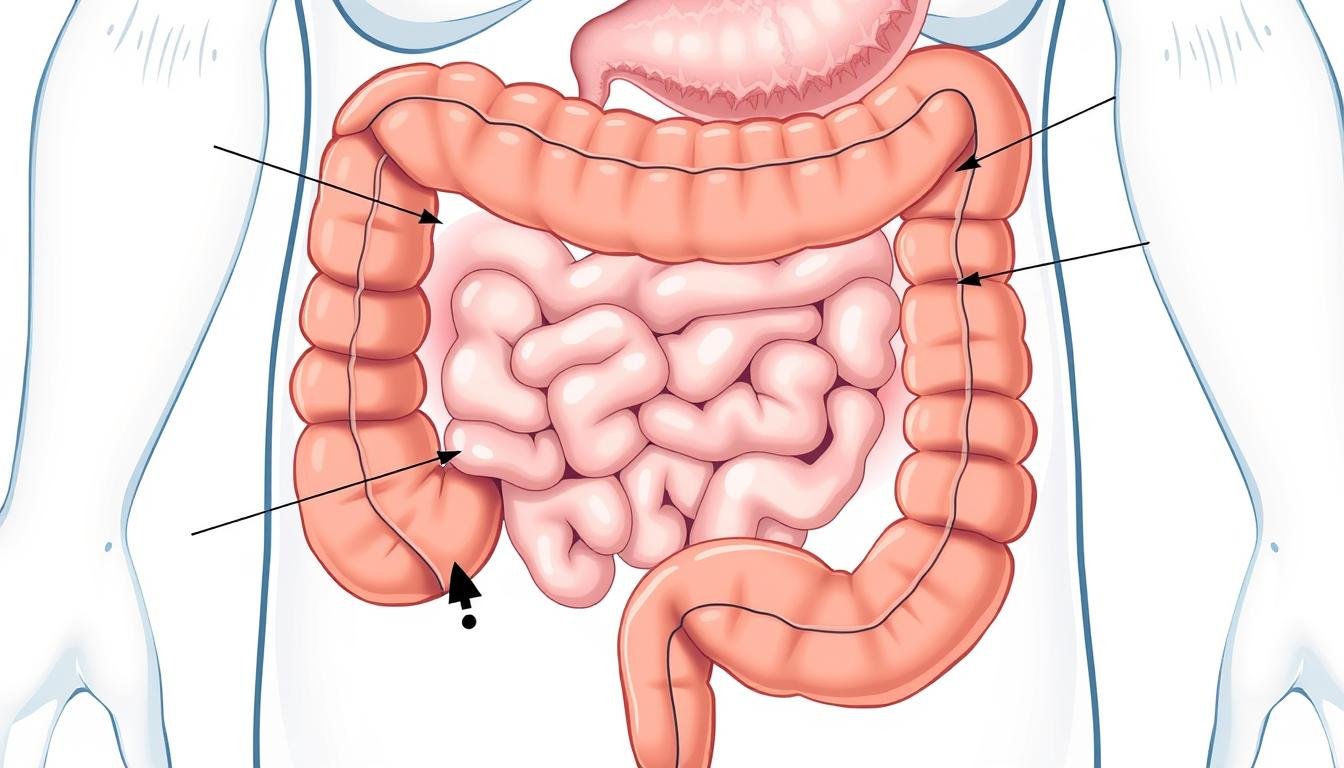
A colon flush, also called a colon cleanse, is a practice designed to remove waste material and toxins from the large intestine. Proponents suggest that over time, the colon can accumulate waste material that may impact digestive health and overall wellness. The concept behind colon cleansing is to help eliminate this buildup and potentially improve digestive function.
The interest in colon health dates back centuries, but modern approaches to colon cleansing have evolved to include various methods that range from natural home remedies to clinical procedures. While some health practitioners recommend colon flushes for specific health concerns, it’s important to understand both the potential benefits and limitations of this practice.
How Colon Flushes Work: Different Methods
There are several approaches to cleansing the colon, ranging from professional procedures to at-home natural methods. Each works differently and comes with its own set of considerations.

Colon hydrotherapy
Also known as colonic irrigation, this procedure involves a qualified practitioner using specialized equipment to flush the colon with water. The water is introduced into the rectum through a tube, helping to soften and remove accumulated waste. This is typically performed in a clinical setting by trained professionals.
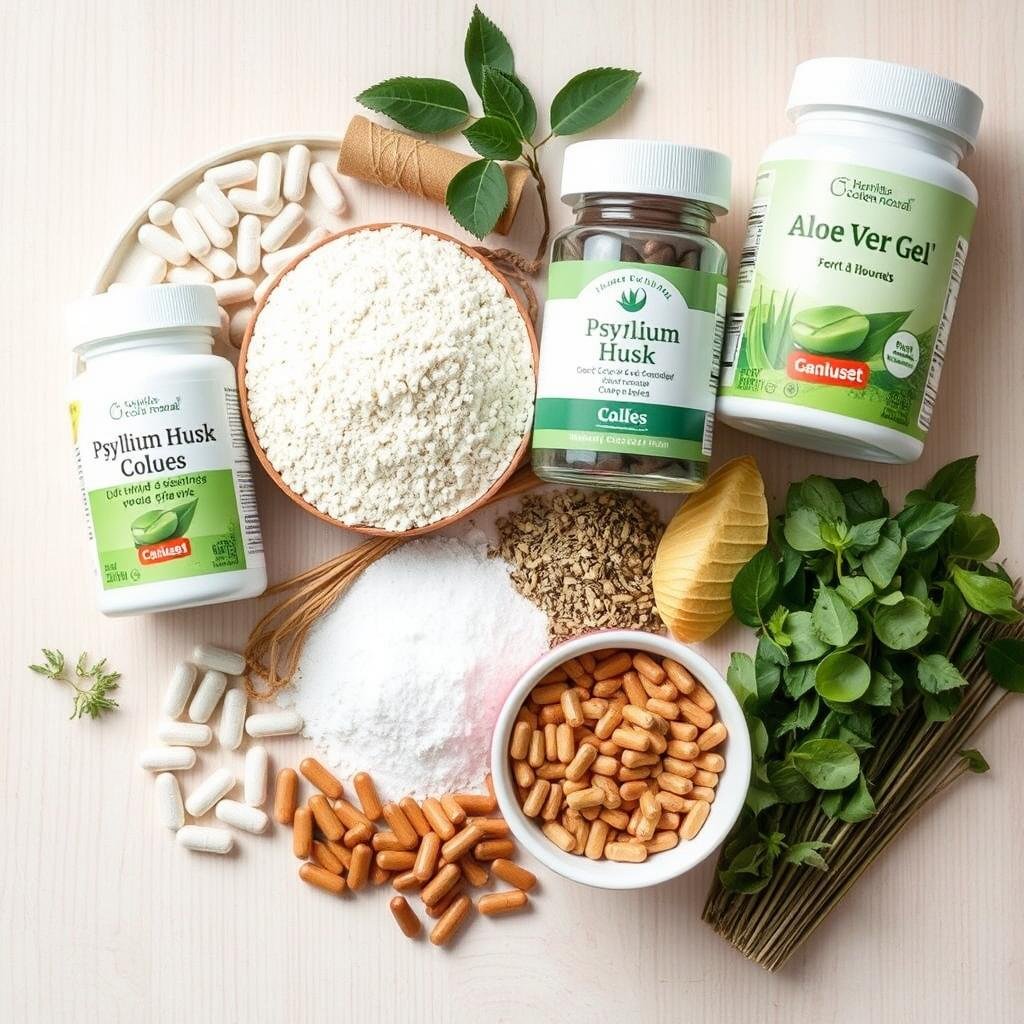
Herbal Supplement
Many herbs and natural supplements are marketed for their colon-cleansing properties. These may include psyllium husk, aloe vera, slippery elm, and cascara sagrada. These supplements typically work by adding fiber, stimulating bowel movements, or having a mild laxative effect to help clear the intestinal tract.

Enemas
Enemas involve introducing a liquid solution into the rectum to stimulate bowel movements. Common solutions include saltwater, coffee, or herbal mixtures. While some people perform enemas at home, it’s important to follow proper procedures to avoid complications. Enemas typically affect only the lower portion of the colon.
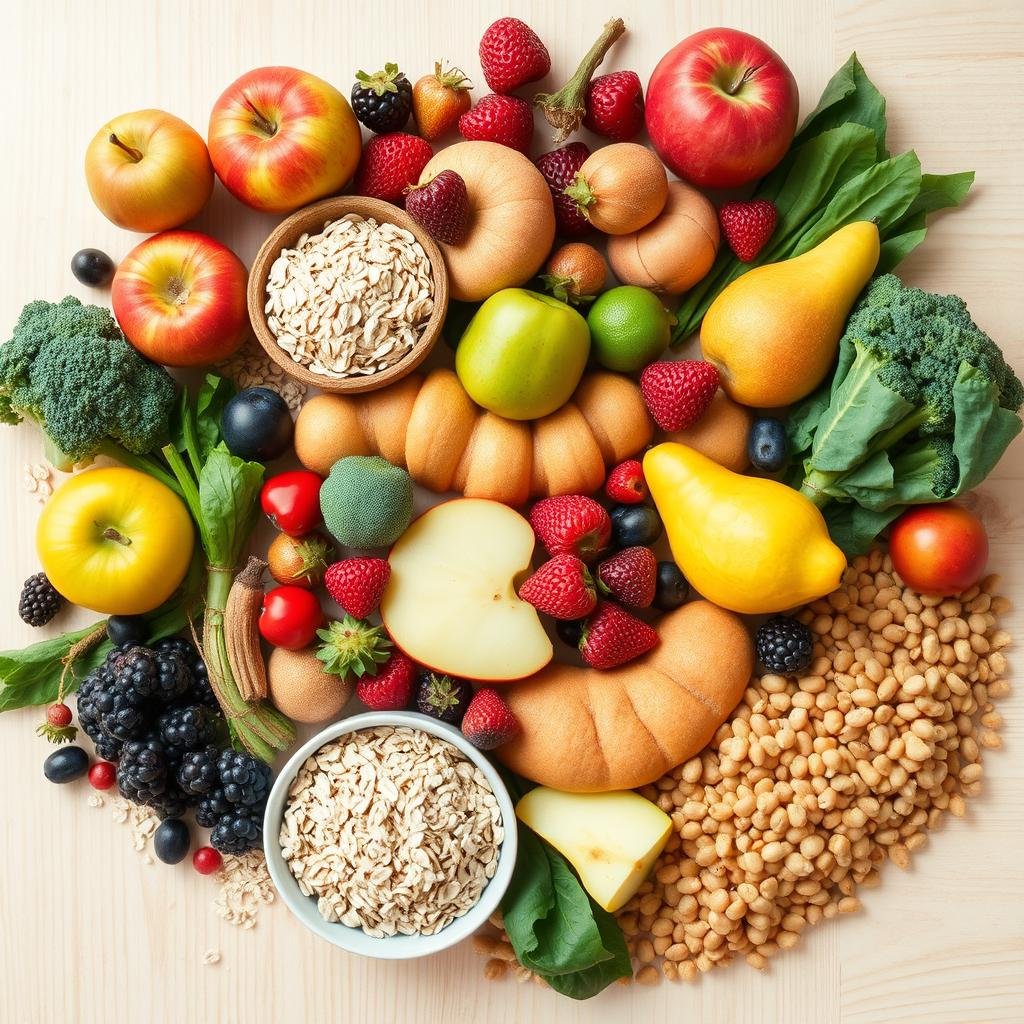
Mga diskarte sa pagdidiyeta
Many natural colon cleanse protocols focus on dietary changes that support digestive health. These may include high-fiber foods, increased water intake, probiotic-rich foods, and specific juice blends. These approaches work more gradually by supporting the body’s natural elimination processes rather than forcing rapid cleansing.

Fasting and Liquid Diets
Some colon cleanse protocols involve temporary fasting or consuming only liquids like water, herbal teas, or fresh juices for a period. These approaches aim to give the digestive system a rest while simultaneously supporting elimination through hydration and sometimes mild natural laxatives found in certain juices.
Science-Backed Benefits of a Colon Flush
While research on colon flushes is still evolving, several potential benefits have some scientific support. Here are the most notable evidence-based advantages:
1. Relief from Constipation
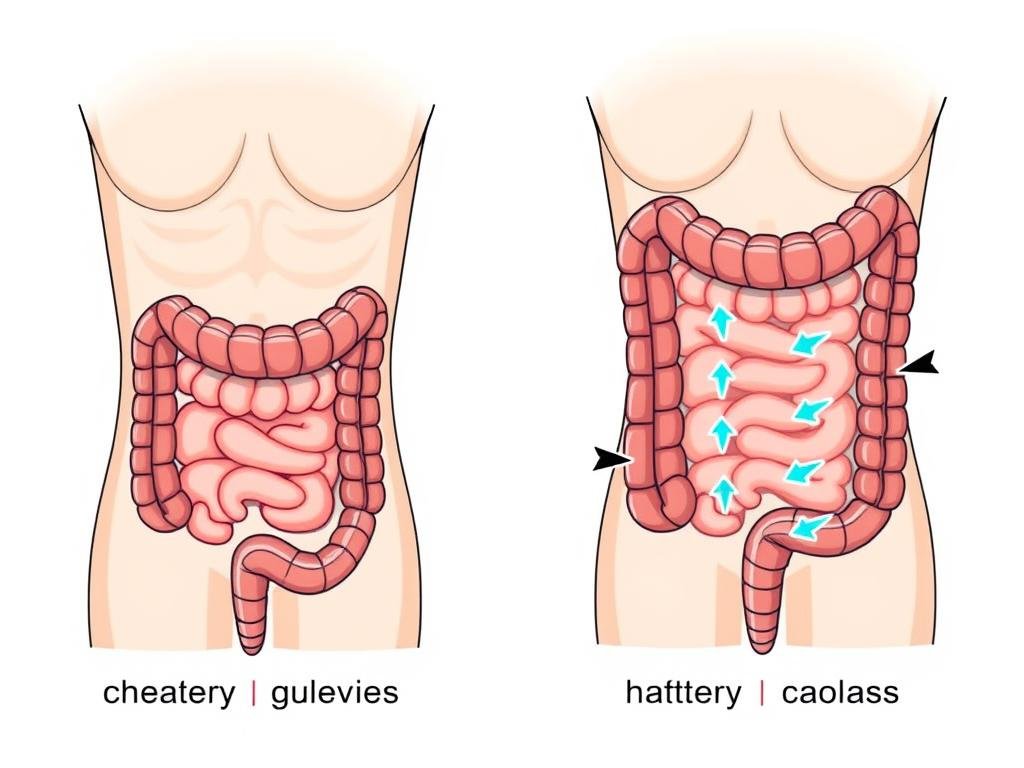
One of the most well-documented benefits of certain colon cleansing methods is relief from constipation. Research indicates that approaches like increased water intake and dietary fiber can effectively promote regular bowel movements. For people with occasional constipation, gentle colon cleansing methods may help restore regularity.
A study published in the Journal of Clinical Gastroenterology found that increased hydration combined with fiber supplementation significantly improved symptoms in patients with chronic constipation. This supports the use of natural colon cleanse approaches for this specific condition.
2. Improved Digestive Function
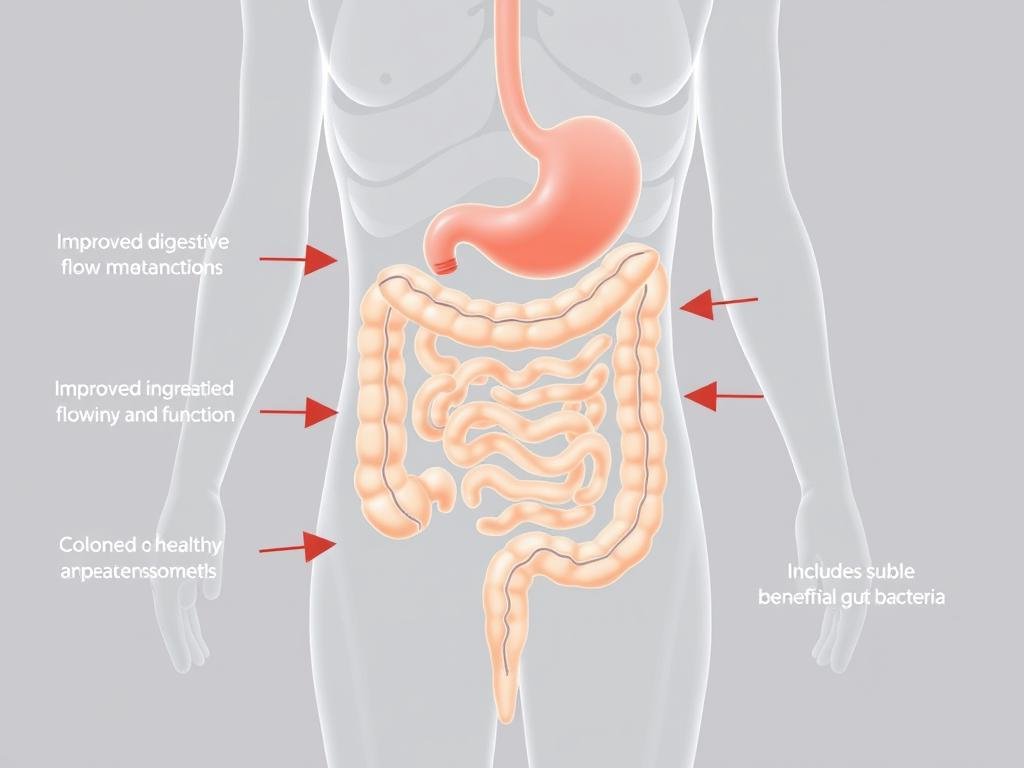
Some research suggests that certain colon cleansing methods, particularly those involving probiotics and dietary changes, may support overall digestive function. By promoting a healthy balance of gut bacteria and reducing inflammation, these approaches may help improve nutrient absorption and waste elimination.
A 2019 review in the International Journal of Molecular Sciences highlighted how dietary interventions that support colon health can positively impact the gut microbiome, potentially improving digestive efficiency and reducing gastrointestinal symptoms.
3. Reduced Bloating and Gas
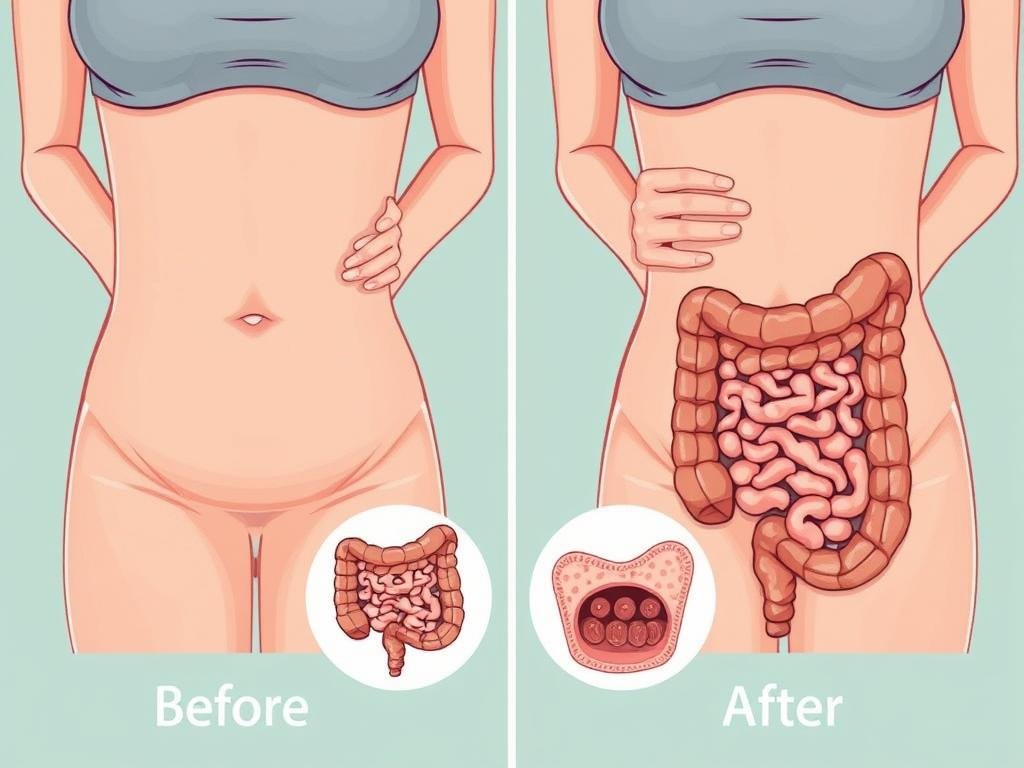
Many individuals report decreased bloating and gas following certain types of colon cleansing protocols. This benefit may be particularly noticeable for those who experience these symptoms due to dietary factors or irregular bowel habits.
Research published in the World Journal of Gastroenterology indicates that certain dietary approaches that support colon health, such as low-FODMAP diets and increased fiber intake, can significantly reduce bloating and gas in susceptible individuals.
4. Enhanced Nutrient Absorption
Some proponents suggest that colon cleansing may improve the absorption of nutrients by removing waste material that could potentially interfere with digestive processes. While direct evidence for this specific claim is limited, research does support the connection between gut health and nutrient absorption.
A healthy colon with balanced gut flora has been shown to improve the bioavailability of certain nutrients. Approaches that support beneficial gut bacteria, such as probiotic-rich foods and prebiotic fiber, may indirectly enhance nutrient absorption by promoting optimal gut function.
5. Potential Support for Colon Health
Some research suggests that certain dietary approaches associated with natural colon cleansing, particularly those rich in fiber and plant compounds, may support long-term colon health. These dietary patterns have been associated with reduced risk of colon-related conditions in epidemiological studies.
A comprehensive review in the journal Nutrients found that diets high in fiber, fruits, vegetables, and fermented foods—all elements often included in natural colon cleanse protocols—were associated with better colon health markers and potentially reduced risk of colorectal issues.
Want to Learn More About Natural Digestive Health?
Get our free guide to natural digestive support techniques, including safe colon cleansing methods backed by science.
Safety Considerations and Who Should Avoid Colon Flushes

While some colon cleansing methods may offer benefits, they’re not appropriate for everyone. Understanding the potential risks and contraindications is essential for safety.
Potential Risks of Colon Flushes
Before attempting any colon cleansing method, consult with a healthcare provider, especially if you have existing health conditions or take medications.
Common Side Effects
- Cramping and abdominal discomfort
- Nausea or vomiting
- Pagtatae
- Pag -aalis ng tubig
- Electrolyte imbalances
- Pagkagambala ng gat microbiome
More Serious Risks
- Bowel perforation (rare but serious)
- Impeksyon
- Severe electrolyte imbalances
- Kidney damage (particularly with certain herbal preparations)
- Interference with medication absorption
Who Should Avoid Colon Flushes
Certain individuals should avoid colon flushes entirely or should only proceed under close medical supervision:
| Condition/Situation | Reason for Caution |
| Inflammatory bowel disease (Crohn’s, ulcerative colitis) | May trigger flares or worsen inflammation |
| Recent bowel surgery | Risk of disrupting surgical healing |
| Hemorrhoids or anal fissures | May cause pain or bleeding |
| Sakit sa puso o bato | Risk of dangerous fluid and electrolyte shifts |
| Pagbubuntis | Potential risks to mother and fetus |
| Taking multiple medications | May interfere with medication absorption |
“While some gentle approaches to supporting colon health can be beneficial, aggressive colon cleansing methods carry risks that often outweigh potential benefits. I recommend focusing on dietary fiber, adequate hydration, and regular physical activity as the safest approaches to maintaining colon health.”
Safer Natural Approaches to Colon Health
If you’re interested in supporting colon health through natural means, consider these evidence-backed approaches that generally carry fewer risks than intensive cleansing protocols:
Hydration

Drinking adequate water (6-8 glasses daily) helps soften stool and promotes regular bowel movements. Lukewarm water may be particularly beneficial for stimulating digestion according to some studies.
Fiber-Rich Diet
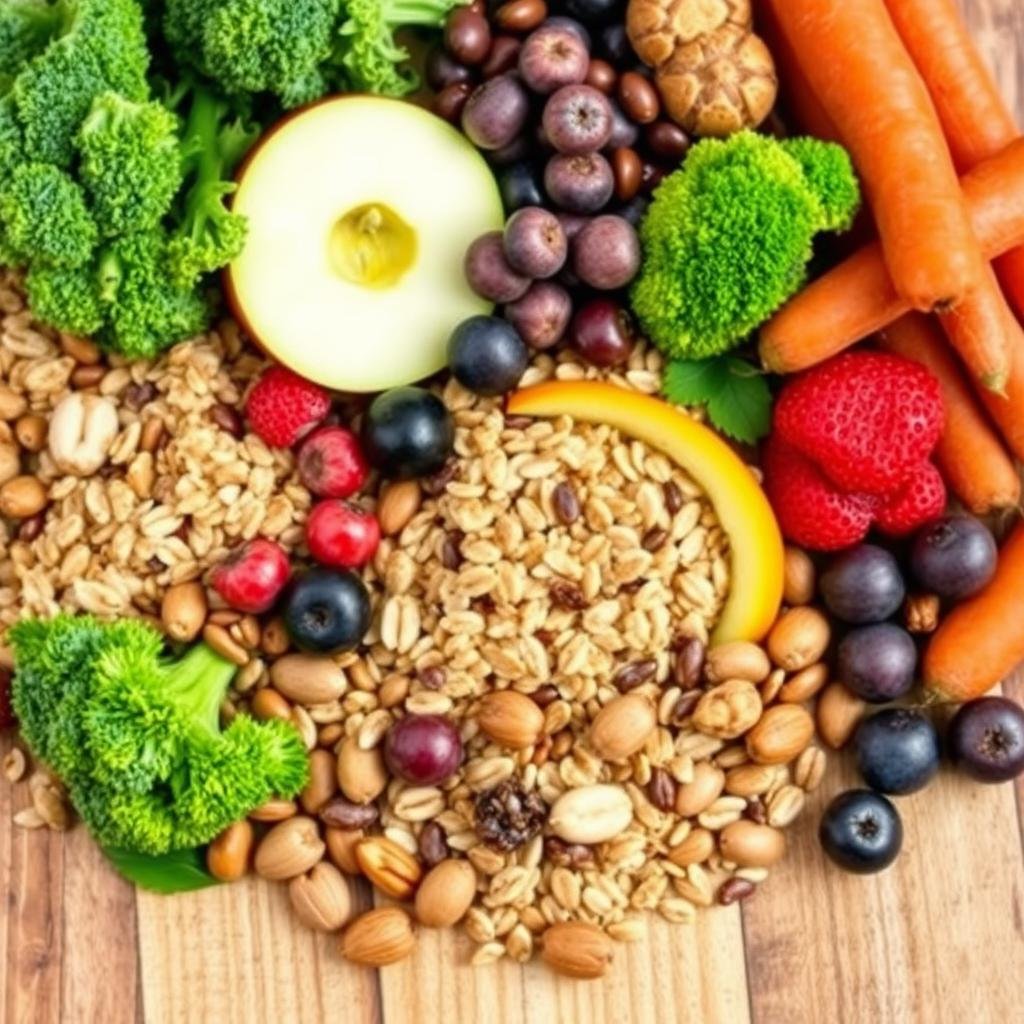
Aim for 25-30g of fiber daily from sources like fruits, vegetables, whole grains, and legumes. Fiber adds bulk to stool and supports beneficial gut bacteria.
Probiotic Foods

Fermented foods like yogurt, kefir, sauerkraut, and kimchi introduce beneficial bacteria that support colon health and proper digestion.
Regular na ehersisyo
Physical activity stimulates intestinal muscles, promoting more efficient bowel function. Even moderate exercise like walking can significantly improve transit time and reduce constipation.
Pamamahala ng Stress
Chronic stress can disrupt digestive function. Practices like meditation, deep breathing, and yoga may help maintain healthy digestion by reducing stress hormones that can impact gut function.
Gradual Approach: If you’re new to supporting colon health, start with simple changes like increasing water intake and gradually adding more fiber to your diet. Sudden dietary changes can sometimes cause temporary digestive discomfort.
Frequently Asked Questions About Colon Flushes
Is a colon flush safe for everyone?
No, colon flushes are not safe for everyone. People with certain conditions should avoid them, including those with inflammatory bowel diseases (Crohn’s disease, ulcerative colitis), recent bowel surgery, hemorrhoids, heart disease, or kidney problems. Pregnant women should also avoid colon flushes. Always consult with a healthcare provider before attempting any colon cleansing method.
How often should you do a colon flush?
There’s no scientific consensus on an optimal frequency for colon flushes. Most healthcare providers recommend against frequent or regular intensive cleansing procedures. For those who do choose to use gentle cleansing methods, occasional use (a few times per year at most) is typically recommended rather than regular practice. Daily habits like proper hydration and fiber intake are generally considered safer and more effective for long-term colon health.
Can colon flushes help with weight loss?
While some people report temporary weight loss after a colon flush, this is primarily due to the removal of waste material and water weight, not fat loss. Any weight lost is typically regained once normal eating and hydration resume. There is no scientific evidence supporting colon flushes as an effective or sustainable weight loss method. For healthy weight management, experts recommend balanced nutrition and regular physical activity instead.
What’s the difference between a natural colon cleanse and a medical procedure?
Natural colon cleanses typically involve dietary changes, increased water intake, herbal supplements, or home enema kits. Medical procedures like colonics (colon hydrotherapy) are performed by trained practitioners using specialized equipment to introduce water into the colon. Medical procedures are more intensive and carry different risks and benefits. They’re also sometimes used as preparation for medical tests like colonoscopies, though under specific medical protocols.
Do colon flushes remove toxins from the body?
The claim that colon flushes remove toxins lacks strong scientific support. The body has built-in detoxification systems—primarily the liver and kidneys—that effectively process and eliminate waste and toxins. While maintaining good colon health is important for overall wellness, there’s limited evidence that special cleansing procedures enhance the body’s natural detoxification processes beyond what a healthy diet, adequate hydration, and regular exercise can achieve.
Stay Updated on Digestive Health Research
Join our newsletter for the latest science-backed information on natural approaches to digestive wellness.
Conclusion: A Balanced Approach to Colon Health
The science behind colon flushes presents a mixed picture. While some gentle approaches may offer benefits for specific conditions like occasional constipation, more intensive cleansing methods often carry risks that may outweigh potential benefits.
Mga potensyal na benepisyo
- May provide relief from constipation
- Could reduce bloating and gas in some individuals
- Gentle approaches support overall digestive health
- May help establish healthier dietary habits
- Can increase awareness of digestive wellness
Potential Drawbacks
- Risk of dehydration and electrolyte imbalances
- Possible disruption of beneficial gut bacteria
- May interfere with medication absorption
- Not suitable for people with certain health conditions
- Limited scientific evidence for many claimed benefits
Rather than pursuing intensive colon cleansing regimens, most health experts recommend focusing on daily habits that naturally support colon health: staying well-hydrated, consuming adequate dietary fiber, including probiotic-rich foods in your diet, exercising regularly, and managing stress.
If you’re experiencing persistent digestive issues, it’s important to consult with a healthcare provider rather than attempting to self-treat with colon cleansing methods. Many digestive symptoms can be signs of underlying conditions that require proper medical evaluation and treatment.
By taking a balanced, evidence-based approach to colon health, you can support your digestive system’s natural functions without unnecessary risks or interventions.
